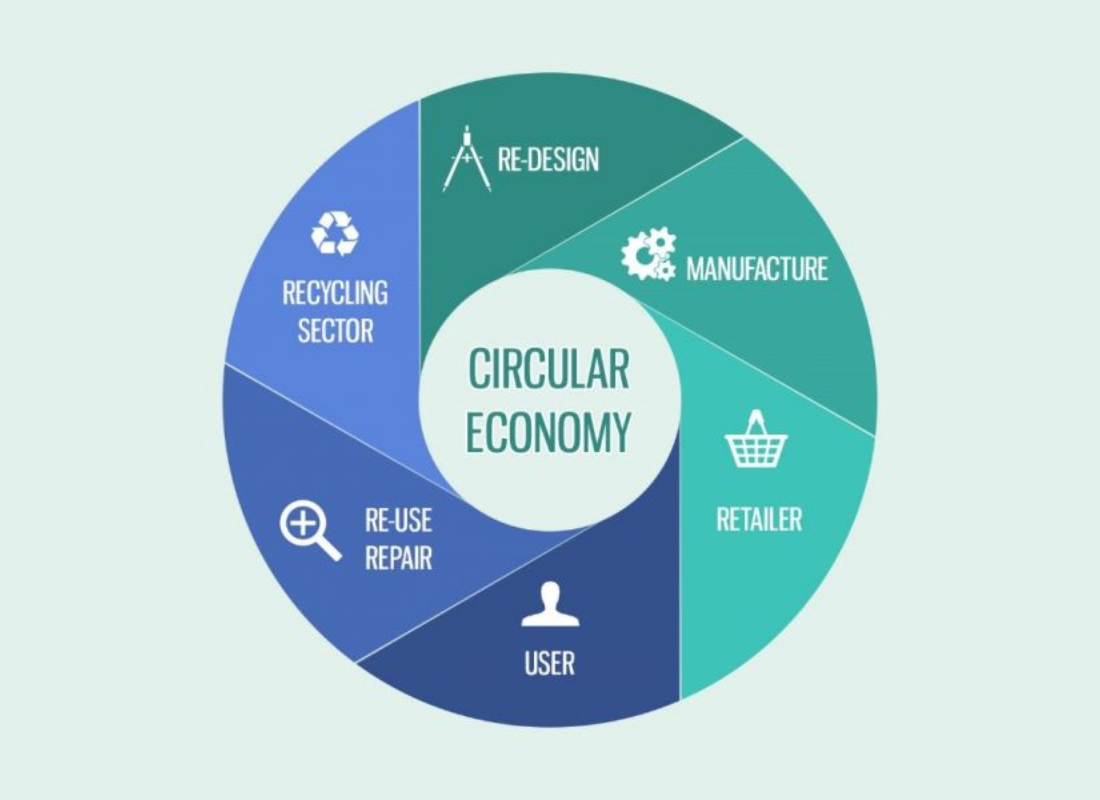
A Generation with Purpose
Generation Z, born between the mid-1990s and early 2010s, has emerged as a formidable force in the global movement against plastic pollution. Unlike previous generations, Gen Z has grown up amidst escalating environmental crises, making sustainability not just a preference but a defining aspect of their identity.
 Conscious Consumers Driving Change
Conscious Consumers Driving Change
Gen Z’s purchasing habits reflect their commitment to environmental stewardship. A significant majority prioritize sustainability in their buying decisions, often favoring brands that align with their ecological values. This shift in consumer behavior has compelled companies to reevaluate their practices, leading to increased transparency and eco-friendly initiatives.
 Amplifying Voices Through Digital Platforms
Amplifying Voices Through Digital Platforms
Digital natives by birth, Gen Z leverages social media to advocate for environmental causes. Platforms like TikTok, Instagram, and Twitter serve as powerful tools for raising awareness, organizing campaigns, and mobilizing peers. This digital activism has played a pivotal role in bringing issues like plastic pollution to the forefront of public discourse.
 From Classrooms to Communities
From Classrooms to Communities
Education has been instrumental in shaping Gen Z’s environmental consciousness. Many schools have integrated sustainability into their curricula, fostering a generation that’s both informed and proactive. Beyond academics, Gen Z engages in community initiatives like beach cleanups and recycling drives, translating knowledge into tangible action.
 Navigating Eco-Anxiety with Action
Navigating Eco-Anxiety with Action
The pervasive nature of environmental degradation has led to heightened eco-anxiety among Gen Z. However, instead of succumbing to despair, many channel this anxiety into activism, viewing it as a catalyst for change. By confronting their fears head-on, they inspire collective action and resilience.
 Embracing Sustainable Alternatives
Embracing Sustainable Alternatives
Gen Z’s commitment to reducing plastic waste is evident in their lifestyle choices. From adopting reusable water bottles and metal straws to supporting zero-waste stores, they consistently seek alternatives that minimize environmental impact. This shift not only reduces individual carbon footprints but also signals a broader cultural transformation.
 Global Movements and Local Impact
Global Movements and Local Impact
Gen Z’s activism transcends borders, with youth-led movements emerging worldwide. These initiatives, while diverse in approach, share a common goal: combating plastic pollution and advocating for a sustainable future. Their collective efforts underscore the power of grassroots mobilization in driving systemic change.
 Advocating for Circular Economies
Advocating for Circular Economies
Beyond individual actions, Gen Z champions systemic solutions like the circular economy, which emphasizes reducing, reusing, and recycling materials. By supporting businesses that prioritize sustainable practices and holding corporations accountable, they push for structural changes that address the root causes of plastic pollution.
 The Road Ahead
The Road Ahead
While challenges persist, Gen Z’s unwavering commitment to environmental causes offers hope. Their blend of digital savvy, grassroots activism, and consumer influence positions them as pivotal players in the fight against plastic pollution. As they continue to lead by example, their actions pave the way for a more sustainable and equitable future.





